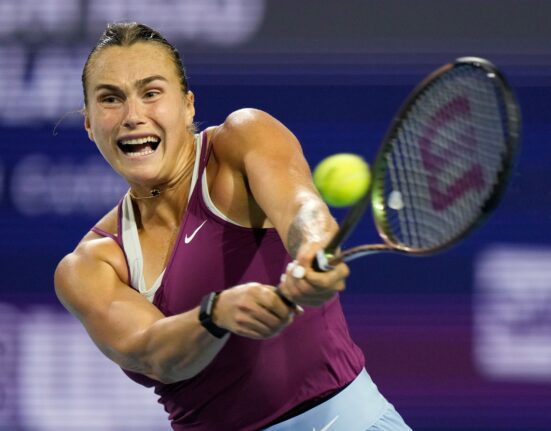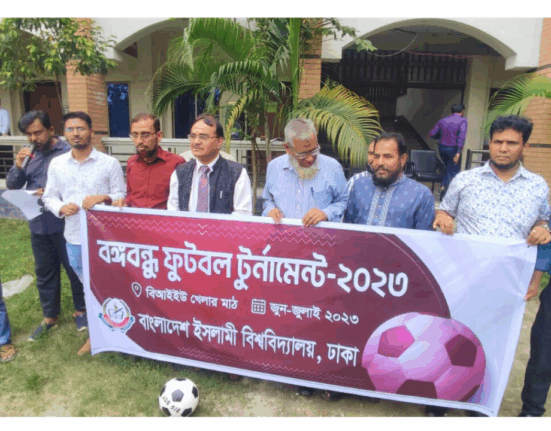Soccer fans from the Nordic region are known for their passion for the game, but also for their discerning tastes when it comes to prices. As they gathered in Switzerland for the Women’s Euros, a different kind of game was unfolding off the pitch – one that had them feeling a pinch in their pockets.
In Thun, where Norway faced off against Iceland in a thrilling Group A showdown, fans were not just cheering for their teams; they were also facing sticker shock at the steep costs of food, drinks, and accommodation. For these loyal supporters accustomed to high prices back home, the expenses in Switzerland left them astounded.
“It’s not just about watching football anymore; it’s about the entire experience. But when you have to pay exorbitant prices for basic necessities like food and drinks, it dampens the spirit,”
lamented one fan from Norway.
The eye-watering expense of attending major sporting events is not new. However, what sets this scenario apart is how fans from typically higher-priced regions found themselves taken aback by the costs in Switzerland. This disparity highlighted broader issues of affordability and accessibility in international sports events.
According to travel experts, hosting countries often see a surge in prices during major tournaments due to increased demand and limited availability. The challenge lies in striking a balance between capitalizing on the event economically and ensuring that fans can affordably enjoy the experience.
As debates around ticket pricing and overall event costs continue to make headlines globally, it raises questions about inclusivity within sports fandom. Should attending live matches be reserved only for those who can afford premium prices? Or should efforts be made to ensure that all fans have a chance to partake in such experiences without breaking the bank?
While some argue that high prices are simply part of the package when it comes to prestigious events like the Women’s Euros, others believe that steps should be taken to make these occasions more accessible to a wider audience.
In response to fan feedback regarding pricing concerns at this year’s tournament, organizers have pledged to review their strategies for future events.
“We value our fans’ experiences above all else. It is crucial for us to strike a balance between offering top-tier competition and creating an inclusive environment where fans from all backgrounds feel welcome,”
stated an official statement from the organizing committee.
The clash between soaring enthusiasm for women’s football and financial constraints faced by supporters underscores larger conversations around equity within sports entertainment. As spectators gear up for upcoming matches with bated breath, one thing remains clear – beyond goals scored on grassy fields lie deeper goals of fostering community spirit and shared joy among diverse fanbases.









Leave feedback about this